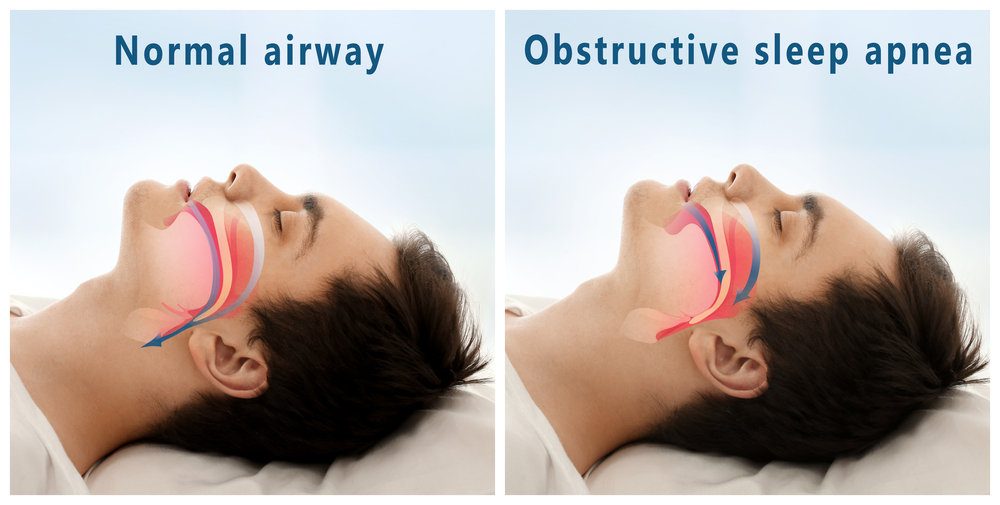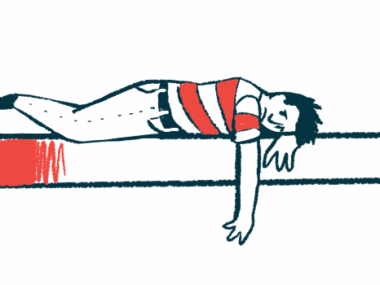Cushing’s Syndrome Patients at Higher Risk for Sleep Apnea, Taiwan Study Shows
Written by |

Patients with Cushing’s syndrome are nearly three times as likely to develop obstructive sleep apnea later in life than the general population, according to the findings of a large population study in Taiwan.
The research, “Risk of obstructive sleep apnea among patients with Cushing’s syndrome: a nationwide longitudinal study,” was published in the journal Sleep Medicine.
Patients with Cushing’s syndrome commonly suffer from sleep disturbances, including insomnia and waking during the night or in the early morning. This causes daytime fatigue. But the cause of sleep disturbances in Cushing’s patients wasn’t fully understood.
Evidence increasingly has shown a significant relationship between Cushing’s syndrome and obesity, hypertension, diabetes, and high cholesterol and other lipid levels. These are all risk factors for obstructive sleep apnea (OSA), a sleep disorder characterized by recurrent episodes of upper airway collapse during sleep, leading researchers to hypothesize that most sleep disturbances in Cushing’s patients are caused by OSA.
Using Taiwan’s National Health Insurance Research Database, researchers at the National Yang-Ming University in Taipei, investigated the temporal association between Cushing’s syndrome and obstructive sleep apnea. The analysis included 1,612 patients with Cushing’s and an equal number of age-, sex-, and comorbidities-matched controls.
In total, 53 Cushing’s patients developed obstructive sleep apnea (an incidence of 4.11 per 1,000 people/year), compared with 22 in the control group (an incidence of 1.7 per 1,000 people/year). This is a 2.82-fold higher risk of developing obstructive sleep apnea compared with controls.
Both men and women with Cushing’s syndrome were prone to developing obstructive sleep apnea in later life compared with the control group, the study’s authors noted.
The results suggest that patients with Cushing’s syndrome, independently of their sex, have a higher risk of developing obstructive sleep apnea later in life. The mechanisms underlying this association remain unclear.
Overall, “our study is the first longitudinal study supporting the temporal association between Cushing’s syndrome and risk of obstructive sleep apnea. Patients with Cushing’s syndrome showed an increased obstructive sleep apnea risk,” the team stated.
Nonetheless, “further research is required for investigating the precise mechanism underlying the relationship between Cushing’s syndrome and OSA and elucidating whether a prompt intervention for Cushing’s syndrome reduces subsequent obstructive sleep apnea risk,” they added.





